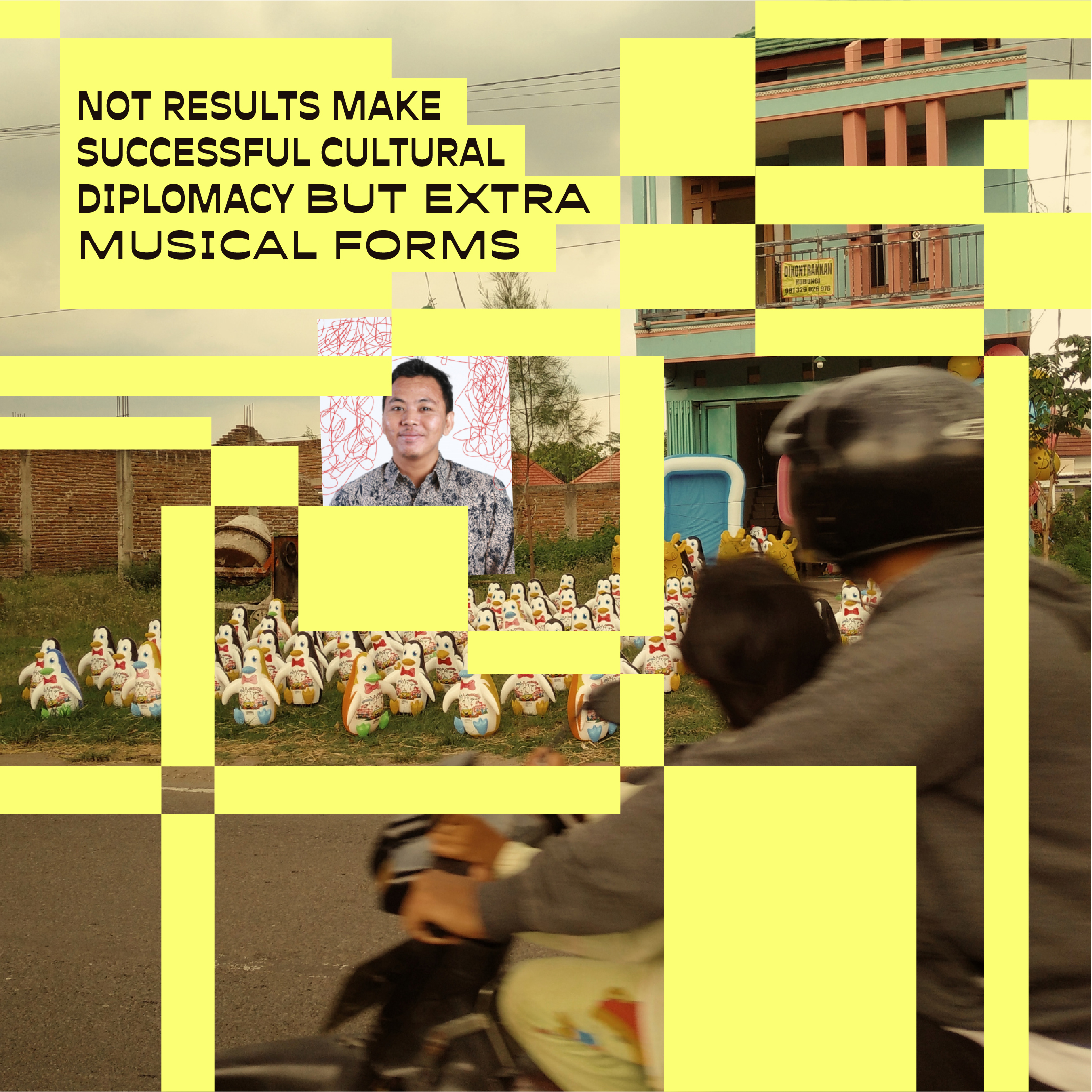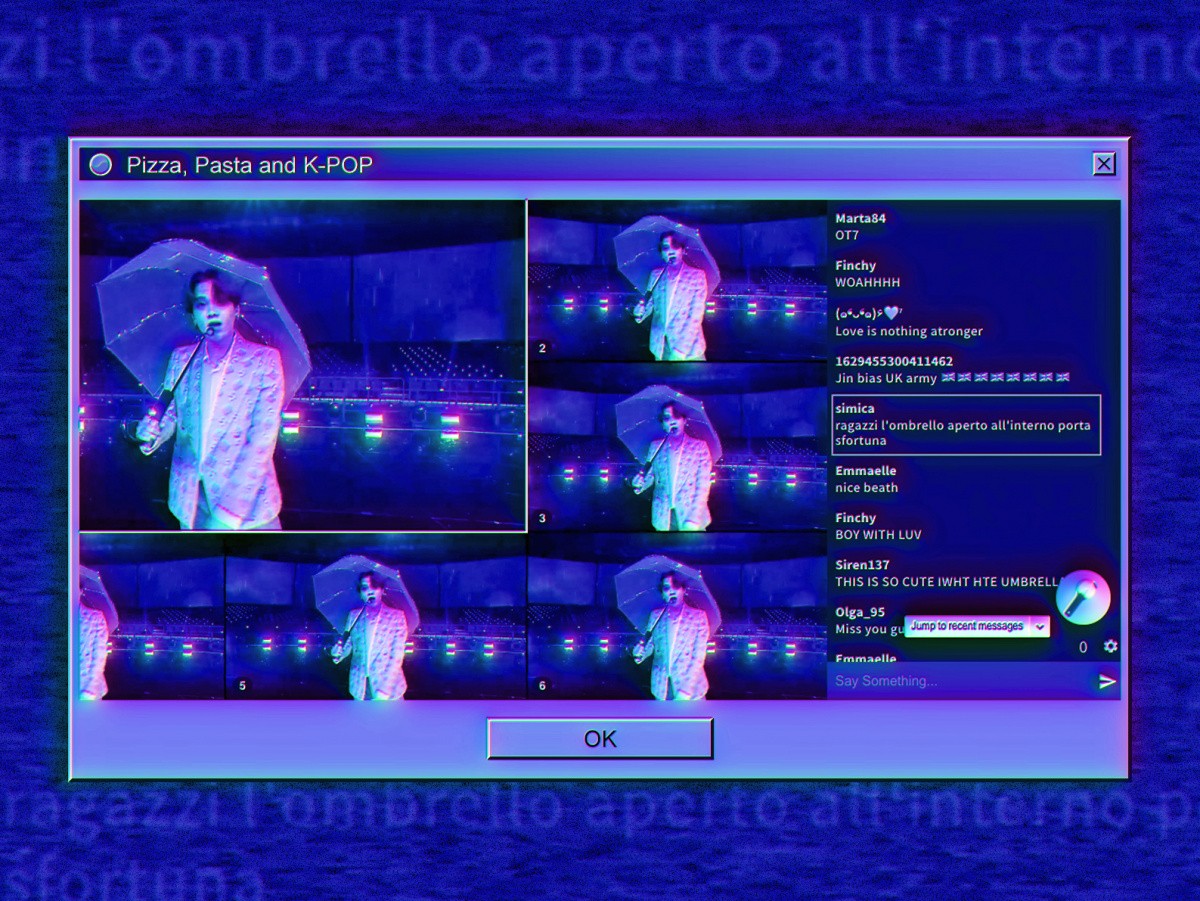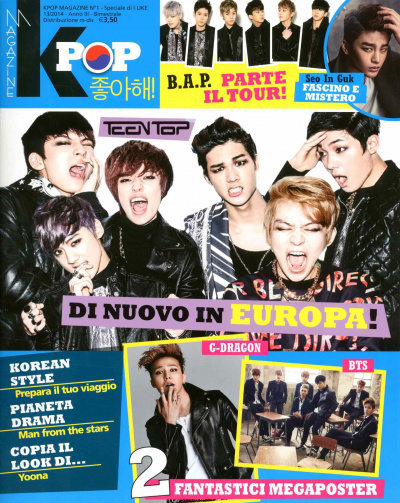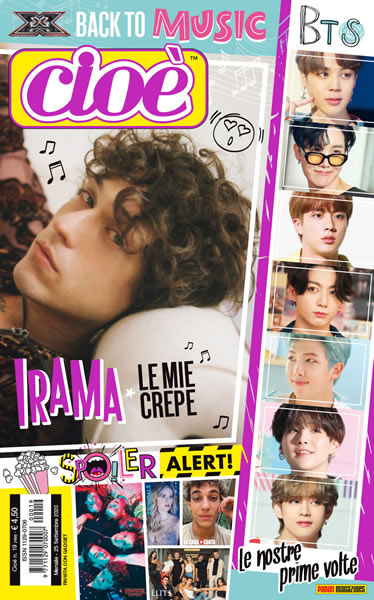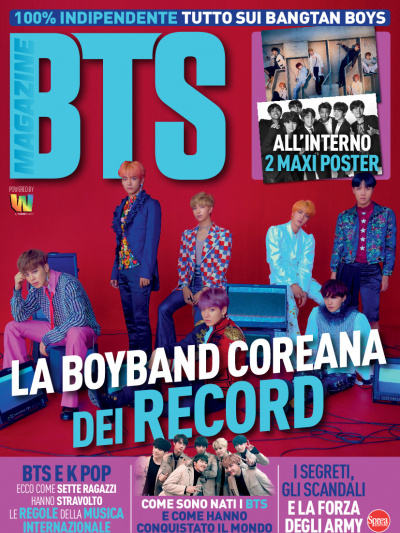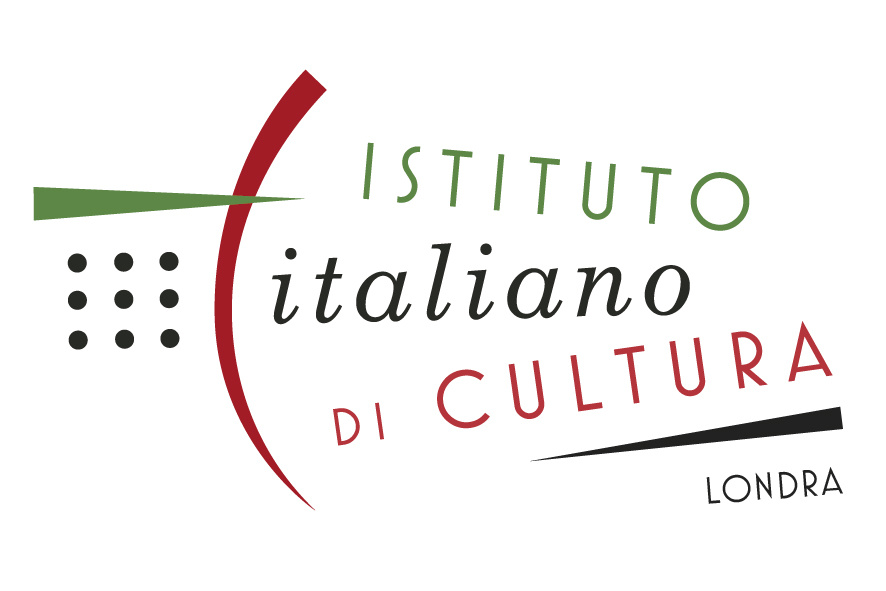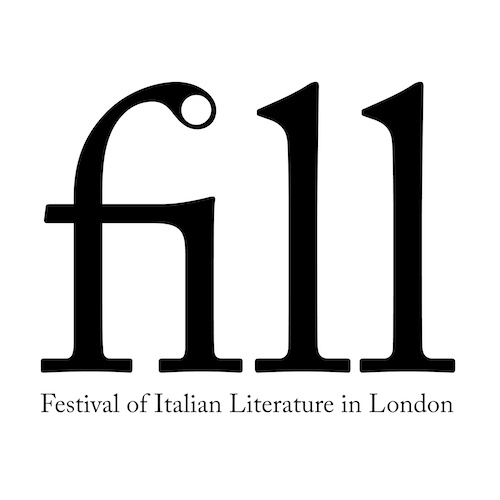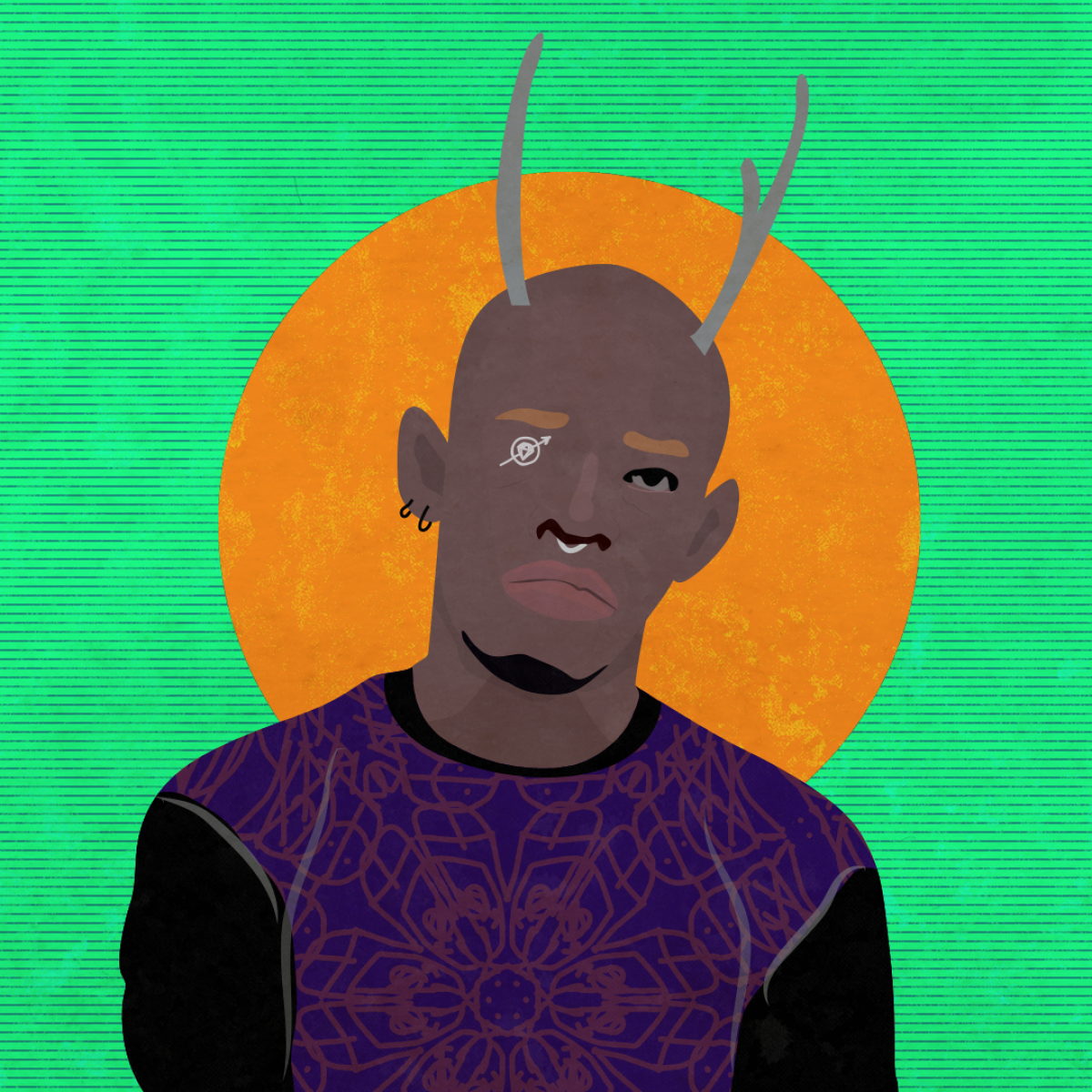
Radical Unintentionality
Artists’ residencies are often aimed towards results in order to bulk up institutions’ portfolios. But what happens if the only goal is unintentionality? An essay inspired by a workshop in the OneBeat program.
When artists’ residencies are set up as acts of cultural diplomacy, there is often a certain aesthetic – or the «right amount of Orientalism» (Irscheid 2021) – at play.1 A number of new programs, such as New York’s OneBeat, explore what we can term «radical unintentionality»,2 enabling artists to overcome this structural Orientalism.
In residency programs it is not uncommon that the production of results – for example a final performance – serves the portfolios of state-aligned institutions, enhancing their multicultural credentials and reducing musicians to mere «tokens» in these portfolios. All criticisms of intercultural project work aside, residencies with an interdisciplinary approach nonetheless seem to provide musicians with the best format and necessary resources to develop as musicians. The residency program OneBeat emphasizes the sharing of resources to work towards a common goal. What if that goal was a radical unintentionality?
The Importance of Extra-Musical Prompts
When I attended the workshop entitled «Experiments in Songwriting and Production», participants were instructed not to strive for perfection of sound and musical form, as is often expected in artist residency settings. The lack of institutional expectations also means that there is no final performance, aesthetic framework or overarching musical theme. Instead, extra-musical prompts provided structure, inspiration, and tools for composers to connect on a deeper personal level. As musicologist Eric Petzhold postulated at the Planet Ears Festival 2021, for (post)world music3 it is not the results that demonstrate successful acts of cultural diplomacy. Rather it is the alternative, extra-musical forms of exchange before and after the music making process that help overcome the ideal of seamless cultural hybridity created by the world music industry.
In the workshop, these prompts provided the basis for a set of mindfulness exercises, photography tasks, letters and virtual games that emphasized the need for an interdisciplinary multimedia approach to connect the visual, aural, and spatial reality of musicians across 17 countries. The prompts (and their optional nature – they could be either used or abandoned) helped musicians to move away from the idea of a specific skill set or a quintessentially Euro-American avant-garde aesthetic. In so doing, they made room to explore musical creativity in an environment of intentional uncertainty, trial and error, and openness to failure. This enabled musicians to use their instruments and vocal techniques in more intuitive and non-linear ways.

Undoing Stereotypes
The graphic notation score from «Imagination and Space» allowed musicians to engage with the space around them: for example, by using objects in their bedroom or words in their own language that they liked, and by looping ambient sounds from their bedrooms. Through this collaborative way of working, participants merged the aural worlds that surrounded them in their respective physical spaces – street noises, electrical hums, wind blowing – to forge a connection between time zones, seasons, sounds, and spaces.
The format of residencies like OneBeat Virtual and Planet Ears demonstrates the value of deconstructing institutional expectations in intercultural collaborations, in favor of more meaningful, non-musical forms of bonding, exchange and experimentation. In creating free improvised music, interpersonal relationships, vulnerability, and trust play a major role in building the necessary relationships to experiment with cultural heritage. This process can be very personal, and therefore less accessible in a goal-orientated setting that demands a certain aesthetic or format.
A more attentive, mindful, and intimate approach to an individual’s aural world can provide the necessary freedom for undoing stereotyped and reductive world music narratives, and thus also the artificiality of «world music» collaborations. This helps musicians to articulate their agency in these new spaces of experimentation, reflection, research, and encounter.
- 1. Scholars like Marina Peterson and Cynthia P. Schneider write specifically about the role of cultural diplomacy and the metaphor of «building bridges» between the United States and Muslim-majority countries. Their case studies demonstrate how efforts in cultural diplomacy aim to develop respect, understanding, and mutual dialogue between the US and other countries and cultures through intercultural project work. (Peterson 2013, Schneider 2006)
- 2. Special thanks to Philipp Rhensius for providing me with this term.
- 3. What I call (post)world music settings are platforms that facilitate affective encounters between artists and curators with shared beliefs and value systems marked by antagonism towards the narrational strategies of «world music» productions and the aesthetic requirements of Euro-American avant-garde scenes.
List of References
This article is part of the Norient Special «Re-Making Tradition». It entails six essays that question the notion of tradition in music, and propose new ways of creating and practicing music collaboratively. It is based on experiences of the international OneBeat residency program in New York that took place in the summer and autumn of 2021.
Biography
Published on November 10, 2021
Last updated on April 11, 2024
Topics
From machine-assisted musicking to the struggle of creating under precarious circumstances and in a world in which work rules everything.
Can a small chinese radio show about Uyghur music stand against the censorshop of the Communist Party of China? Are art residencies useful?
Special
Snap
